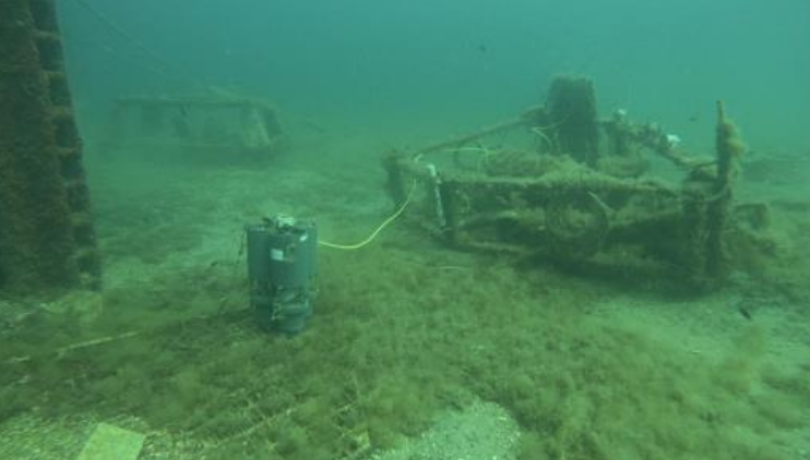Coordinated by ICM-CSIC, the initiative will develop an innovative technology to generate clean energy for underwater monitoring and marine restoration infrastructures.

Last June, the European project SUN-BIO commenced with the primary goal of creating a floating system that combines solar energy and wave power to supply smart observatories monitoring marine habitats under restoration. During the kickoff meeting, held on June 26-27 at ICM-CSIC, the international SUN-BIO consortium defined the key objectives of the project and established a roadmap for their achievement.
The initiative, coordinated by the Institut de Ciències del Mar (ICM-CSIC), will be developed over three years and involves collaboration from 7 partners across 5 European countries. Among the participants are academic institutions and companies such as ENGITEC SYSTEMS INTERNATIONAL Ltd (ESI), ROBUST SYSTEMS ENGINEERING, ATLANTIS SYMVOULEFTIKI ANONYMI ETAIREIA Ltd. (ATLANTIS), the University of Birmingham, the National Technical University of Athens (NTUA), and the Polytechnic University of Catalonia (UPC).
"We will work together to implement renewable energies along the Mediterranean coast, maintaining and improving the conservation status of coastal marine habitats," explains Jacopo Aguzzi (ICM-CSIC), the project coordinator.
Betting on Renewables
In a global context where energy demand is increasing and traditional fossil fuel-based methods are unsustainable, SUN-BIO aims to support the transition towards a decarbonized economy through the use of marine renewable energies. One of the project's objectives is to develop technological solutions that generate energy with low environmental impact, capable of powering smart platforms for ecological monitoring.
These infrastructures will include biocompatible materials for anchoring, thereby promoting the restoration of Posidonia oceanica meadows and other crucial marine habitats for Mediterranean ecosystems. Additionally, artificial intelligence will be used for image and data processing.
“This will allow us to monitor the installation's surroundings and evaluate both the energy system and its ecological impact," notes Giacomo Picardi (ICM-CSIC), another researcher involved in the project.
Finally, the viability of this energy solution and its impact on local and regional hydrodynamics will be assessed through numerical simulations of marine current dynamics.
In short, this pioneering initiative aims to highlight the capacity of scientific research not only to monitor changes in marine ecosystems and improve them, setting a precedent for future renewable energy and restoration projects.